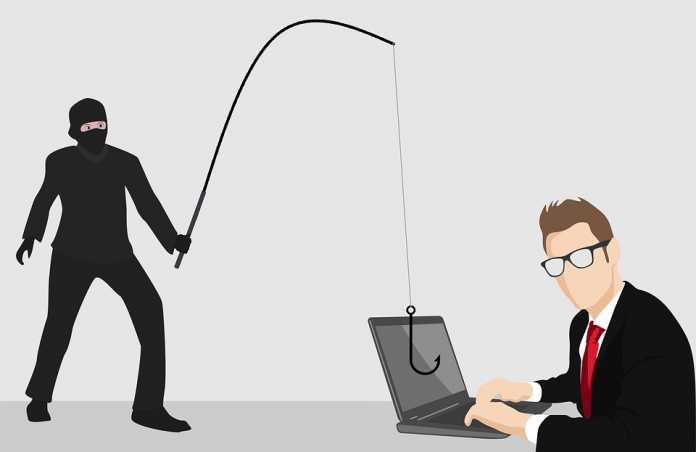Phishing attacks were the main concern of most IT security professionals when organizations switched to remote-work conditions early last year, according to a Microsoft report released recently.
The 65-page report, called “The New Future of Work,” is available for download at a new “WorkLab” Microsoft site.
Microsoft found that 62% of the respondents reported phishing campaigns were the most increased security threats during the COVID-19 crisis. The findings aligned with results from a 2020 Google report, Microsoft acknowledged.
According to the report, IT pros also worried that remote workers were downloading content over private Wi-Fi networks that wasn’t as secure as downloads done at their workplace. They also were concerned that remote workers used different devices to access company data, which was deemed to be a potential problem from a compliance standpoint.
Sometimes remote workers used mobile devices because of having poor private Internet connections. A Microsoft poll of IT decision-makers typically cited “‘network and connectivity’ and ‘enabling devices for remote use’ as major tech issues” that arose with the COVID-19 work-from-home response.
In many cases, workers also lacked equipment such as headsets for use with Microsoft Teams conferences and they had to make do with a single laptop screen at home versus the dual screens they had used at work.
The report shows that IT departments also need to educate end users on how to use remote-work software tools. Education on secure remote access was deemed to be one of the long-term impacts of the shift to remote work by 37 percent of security professionals, per Microsoft’s internal stats.









